Your infection questions answered
Our Support Service often gets asked questions about infection. Here are some examples of the kind of questions people ask, answered by Heidi, one of our Support Service nurses.
If you have a different question, contact us free on 0808 2080 888 or [email protected].
Having a massage
Q: It is our wedding anniversary soon and I wanted to book a spa day for my husband and me. He is on daily tablet (acalabrutinib) for chronic lymphocytic leukaemia. Can he go to the spa and have a massage?
A: Yes, you can take him to the spa as long as his neutrophil count is within the normal range. It is best to discuss his blood tests with his haematology team if you are unsure. Avoid the spa if he has sores or breaks in his skin.
Massages can be helpful for some people with blood cancers by easing pain, fatigue and anxiety. Some spas will offer different types - it is best to avoid deep tissue massage as this can be too forceful.
Do let the spa centre know your husband has blood cancer, so they can consider any adaptations.
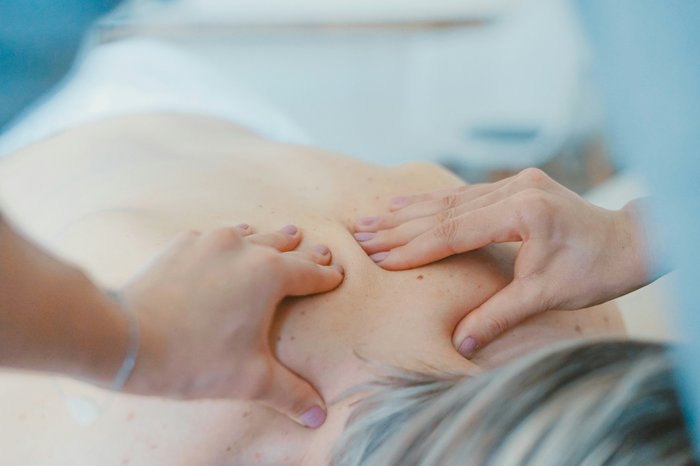
Contact with pet birds
Q: My friend is going through treatment for AML at the moment and I want to do something to cheer her up. Can I buy her a canary?
A: This is a lovely idea, but I would suggest you wait until your friend has finished treatment and is feeling better. Speak to her treating team in the first instance, as she may be neutropenic. Neutropenia is when someone has a lower number of white blood cells called neutrophils and is at higher risk of infection.
There are some diseases that can be passed on to humans from pets, including pet birds. So while your friend is still at risk of infection, someone else would need to clean out the bird’s cage. Also, don’t let the bird fly around and leave droppings.
Microblading
Q: My eyebrows have thinned out because of my blood cancer treatment. Can I have microblading?
A: Yes, you can, but you will need to check that your blood counts have recovered. Usually this takes at least a month after treatment. If you have microblading too soon, your skin may not heal as quickly, or you may experience some irritation.
Speak to the person doing the procedure, as they may have their own guidelines and timeframe. They may want to see a letter from your haematology team.
Make sure you feel comfortable with the cleanliness of the salon doing the procedure. They should be using sterile tools and single-use disposable equipment where possible. Skin can take up to 12 weeks to fully heal, so follow the aftercare guidelines strictly.
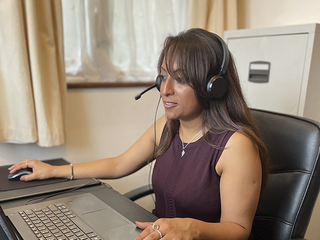
Worried about anything or have questions?
If you need someone to talk to, please don't hesitate to contact our Support Service by phone or email.
Germs in soil and compost
Q: My friend has finally finished treatment with R-CHOP for lymphoma and wants me to take her to the garden centre, to get plants and compost. She is very independent and wants to get back to normal, but she is too fatigued to drive. Should I take her or wait until she has the all-clear from the doctor? I’m worried about germs in the soil and compost.
A: It is understandable that your friend would want to get back to normal, but she may need to take things a bit more slowly. It would be best to wait until her blood counts have recovered and her haematology team say her neutrophil count is within the normal range. Soil and compost can cause infections if bacteria gets into the body through cuts or breaks in the skin.
Once her haematology team has given the go-ahead, she will need to follow general advice to open compost bags outside and not breathe in the gases that are released. She should always wash her hands thoroughly after gardening and ideally wear gloves.
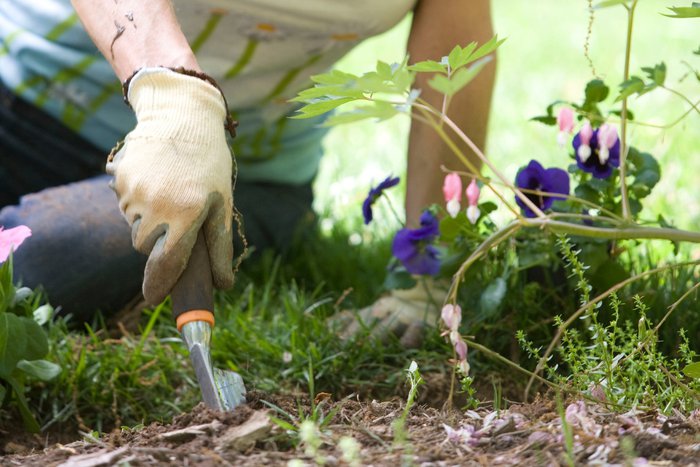
Preparing a meal
Q: My Dad was recently diagnosed with AML and is having chemotherapy. He is being discharged home this weekend and I’d like to cook for him. What sort of things do I need to consider when I am preparing the meals for him? I don’t want to give him an infection.
A: Your father’s treating team are obviously happy that it is safe for him to come home. You are absolutely right to be careful though. I recommend you follow standard kitchen hygiene rules such as:
- clean surfaces frequently
- regularly wash your hands, particularly after handling raw meat or fish
- wash all fruit and vegetables before preparing them
- only cook food that’s within use by dates
- use separate chopping boards for meat and vegetables
- if re-heating foods, make sure the food is piping hot
We have more information about food safety for people at risk of infections, and eating well with blood cancer.
Looking after pets
Q: I’m on maintenance treatment for blood cancer and I want to get my pets (two dogs and a cat) back from my mother, who’s been looking after them. Is it safe for me to do that?
A: Animals can pose a risk of infection. Your hospital team can look at your test results and advise how well your immune system is working.
Generally, it’s important to make sure any animals you have contact with are healthy. Avoid your face or mouth getting licked and if you can, avoid dealing with their poo. As these are your own pets, you may have already built up antibodies to protect you against their germs, but ideally you would get someone else to clean up after them.
If you live alone, then make sure you wear gloves and a face mask and wash your hands thoroughly after dealing with poo. Always wash your hands after touching animals too.
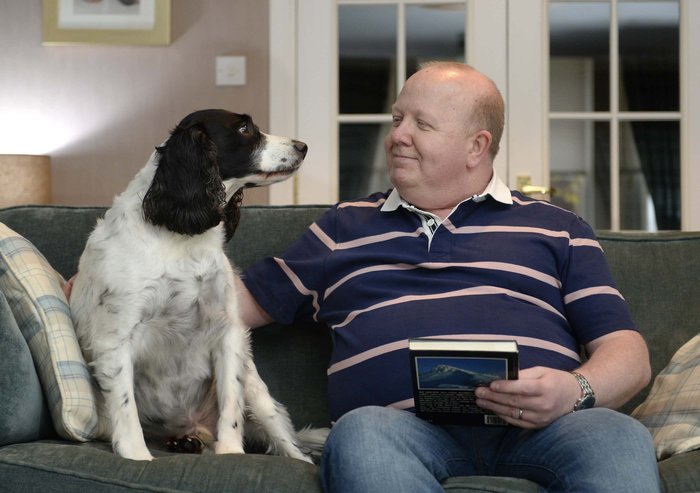
Going foraging
Q: My partner is taking a daily pill for essential thrombocythaemia (ET). We enjoy foraging and want to carry on. How do we make sure it’s safe?
A: You will need to follow some basic hygiene rules. Your partner will need to wash their hands carefully if they get soil on them. Anything you pick to eat will also need to be washed thoroughly.
They should try to avoid scratches from brambles and twigs by wearing long clothes. If they do get scratched, wash the skin as soon as possible and apply antiseptic cream.
It’s also a good idea to check with your partner’s hospital team that any foraged plants they eat won’t interfere with their treatment.
Cold water swimming
Q: I am was recently diagnosed with blood cancer and am on active monitoring. I go cold water swimming with a group once a week, all year round, with no wet suit. It makes me feel great, but is it safe to keep going?
A: It sounds like you love cold water swimming and that's really good for your mental health. But it's important to take a few precautions to lower your risk of picking up a stomach bug or other infections.
Make sure you or your group regularly check the water quality where you are swimming. If you are swimming in fresh water, avoid water with blue-green algal blooms or scums.
Cover any cuts or sores with a waterproof plaster before you swim. While you are swimming, try not to put your head under the water or swallow any of the water. Wash your hands carefully after your swim, or use hand sanitiser until you are able to wash them with clean water.
The government's Swim Healthy web page has more information about the health risks of open water swimming and how to reduce them.
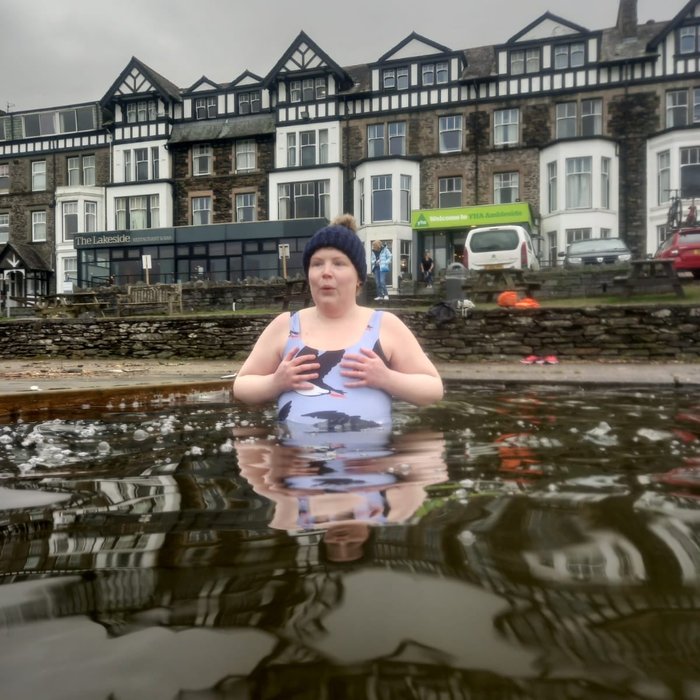
A new tattoo
Q: I want to celebrate finishing chemotherapy by getting a new tattoo. How long do I have to wait before I can get one?
A: It’s best to wait until your blood counts are in the normal range. Tattooing uses fine needles to break the skin. This can be an entry point for infection, so your white blood cell counts need to be healthy.
Bleeding is also a risk, so make sure your platelet count is normal. Make sure the studio is clean, all the equipment is sterilised and surfaces are cleaned down between clients.
Your tattoo may be slower to heal than normal. Follow the after-care guidance very closely.
